7 Signs You Need to See a Cardiologist
Maintaining a healthy heart is crucial for overall well-being, but sometimes our bodies give us signals that our heart health might need professional attention. Cardiologists specialize in diagnosing and treating heart-related conditions, making sure that any potential problems are addressed early on. Early recognition of symptoms can be key in managing cardiovascular diseases effectively. Here are seven signs that indicate it might be time to consult a cardiologist.
1. Persistent Chest Pain
Pain in your chest is one of the most recognizable and alarming signs that you may need to see a heart doctor. Although some chest discomfort can be attributed to less serious conditions like indigestion, persistent or severe chest pain should never be ignored. If you experience pressure, tightness, or a squeezing sensation in your chest, it could be an indication of a serious heart condition, such as angina or even a heart attack. Seeking professional medical evaluation promptly can be life-saving.
2. Shortness of Breath and Fatigue
Another indication that your heart might not be functioning properly is unexplained shortness of breath or fatigue. These symptoms can occur during physical activity or even while resting, and they may signify that your heart is struggling to pump efficiently. Congestive heart failure or coronary artery disease often manifests through these symptoms. If you find that tasks you once performed with ease now leave you breathless or overly tired, it's wise to consult a cardiologist for further assessment.
3. High Blood Pressure
High blood pressure, or hypertension, often goes unnoticed but can have serious long-term effects on the heart if left untreated. According to the American Heart Association, heart disease remains the leading cause of death in the US, accounting for 39.5% of cardiovascular disease (CVD) deaths. Regular monitoring of your blood pressure is vital, as unmanaged hypertension can lead to various heart conditions, including heart attacks and strokes. If you have been diagnosed with high blood pressure, a heart doctor can help you manage it effectively.
4. Palpitations or Irregular Heartbeats
Feeling your heart skip a beat or experiencing rapid heartbeats can be unsettling. While occasional palpitations might be harmless, especially if linked to stress or caffeine consumption, frequent or irregular heartbeats can indicate an underlying heart issue. Conditions such as atrial fibrillation require medical attention to prevent complications like stroke. A heart doctor can perform tests, such as an ECG, to determine the cause and appropriate treatment for your irregular heart rhythms.
5. Family History of Heart Disease
Your family history plays a crucial role in your risk of developing heart disease. If heart disease has affected immediate family members, your predisposition to similar issues may be higher. While you cannot change your genetic makeup, understanding and managing risk factors with a cardiologist's help can greatly influence your heart health outcomes. Early intervention and lifestyle adjustments could significantly reduce your risk of encountering severe heart conditions.
6. Swelling in the Legs or Ankles
Unusual swelling in your legs, ankles, or feet could be a sign that your heart isn't pumping blood as efficiently as it should. Fluid can build up in the lower extremities when the heart's function is compromised, often a symptom of heart failure. While swelling can stem from other issues like poor circulation or kidney problems, it’s best to have a cardiologist evaluate your condition to rule out any serious cardiac concerns.
7. Dizziness or Lightheadedness
Experiencing frequent dizziness, lightheadedness, or even fainting spells may point to heart rhythm abnormalities or a drop in blood pressure related to cardiovascular issues. These symptoms should not be dismissed, especially if they occur alongside others such as palpitations or fatigue. A heart doctor can determine whether the cause is heart-related and recommend treatment or lifestyle changes to reduce your risk of future episodes.
Taking the time to listen to your body and recognizing the signs of potential heart issues is essential for maintaining a healthy heart. Whether it's persistent chest pain, unexplained fatigue, or swelling in your legs, these warning signs should never be ignored. Heart conditions often develop gradually, making early detection critical for successful treatment. Staying informed about your symptoms and personal risk factors can help you take action before problems escalate. Even small lifestyle adjustments can contribute to better long-term cardiovascular health. Reach out to Advanced Cardiology and Vein Center of South Jersey today to schedule a consultation and take a proactive step toward protecting your heart health.
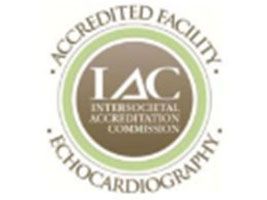
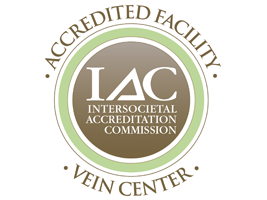
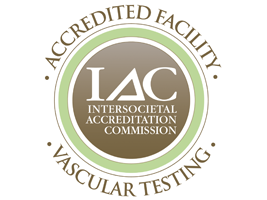
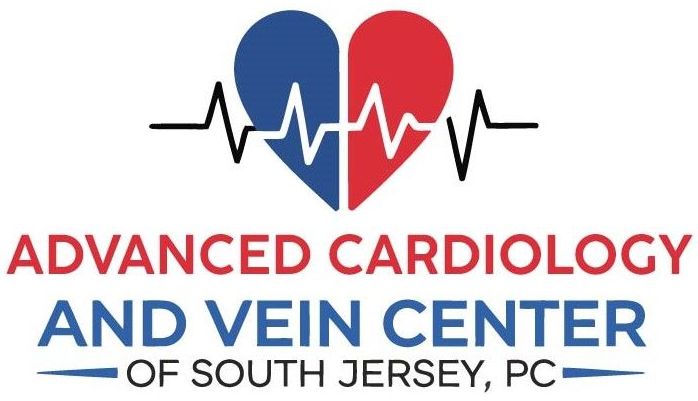



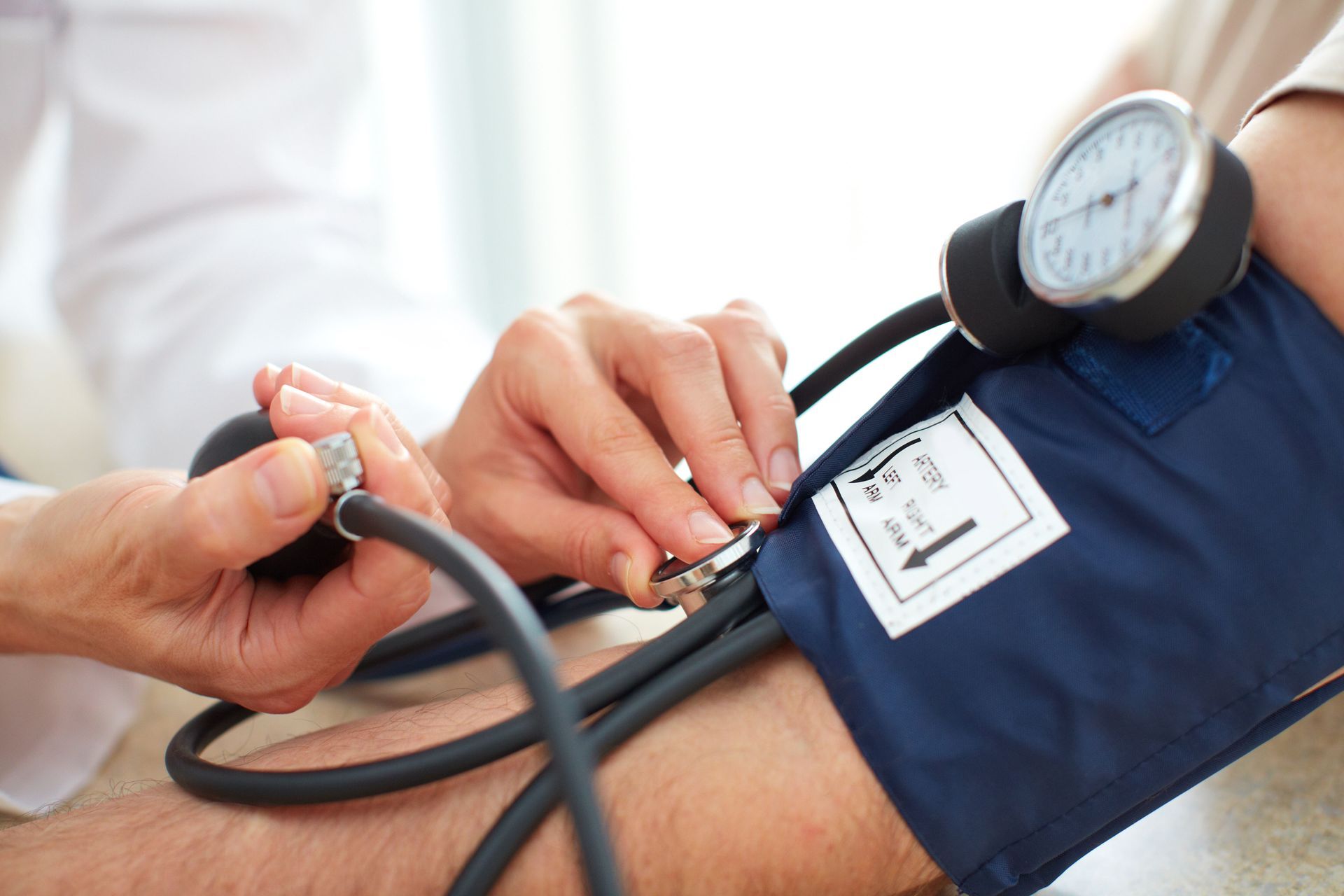

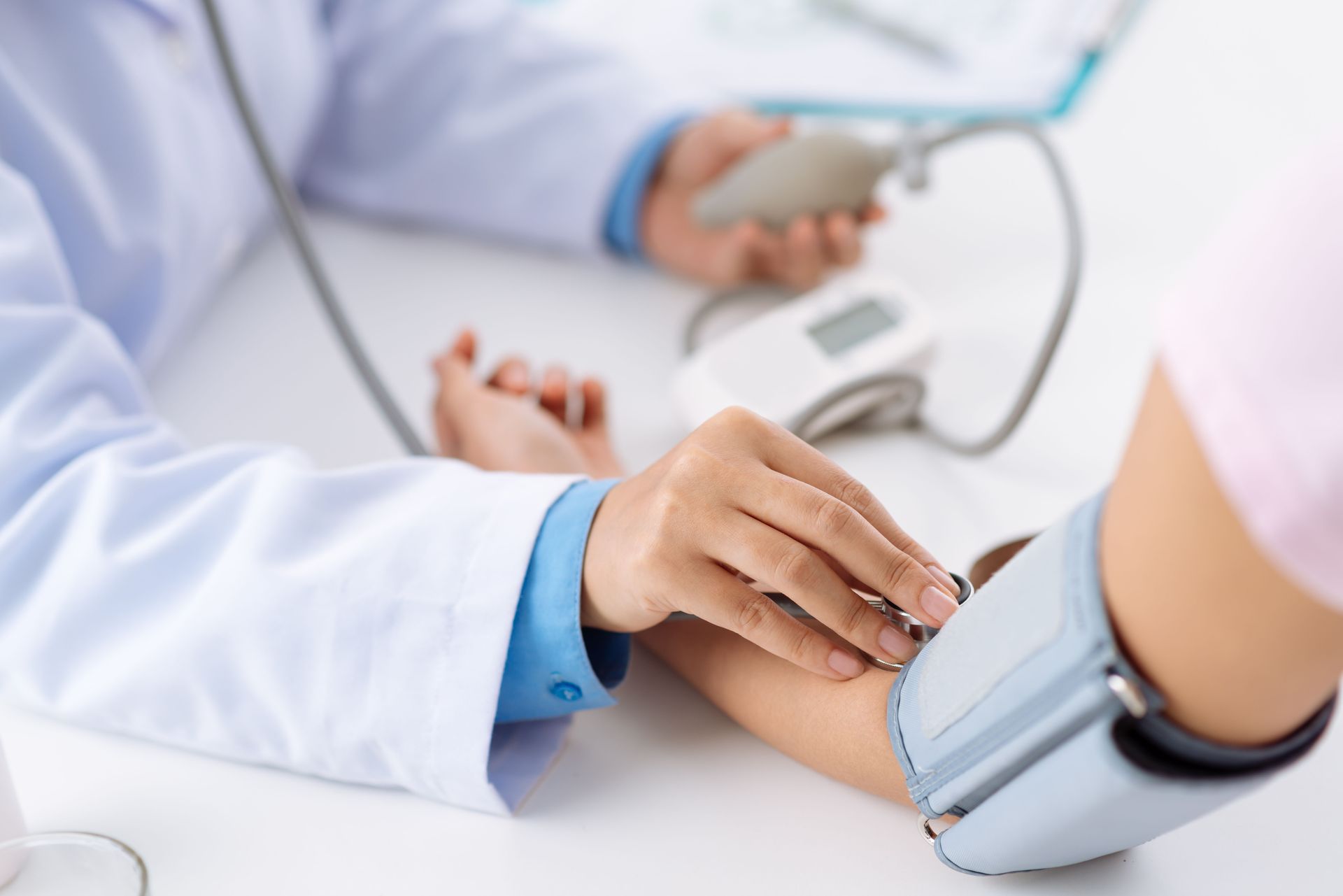


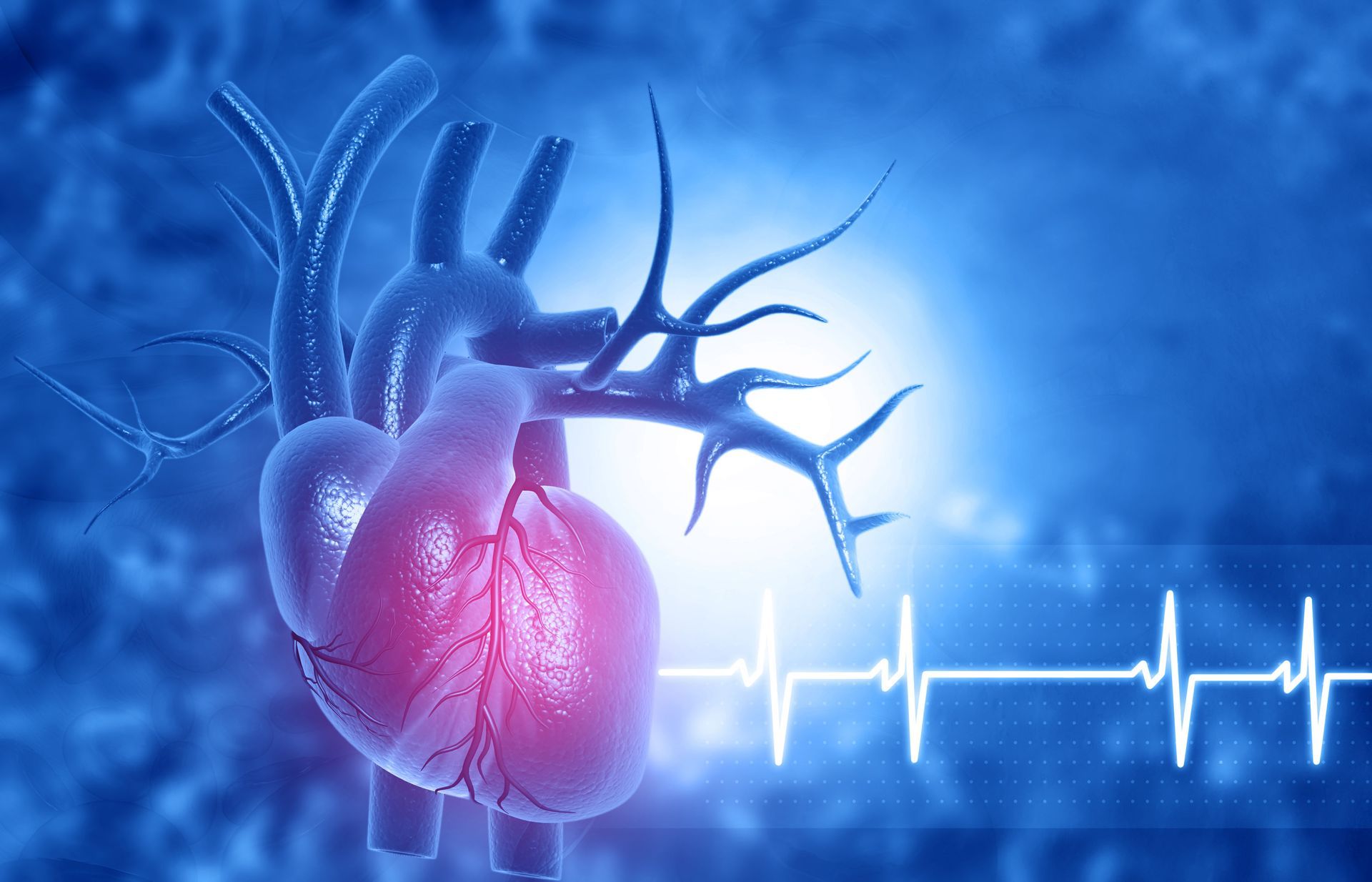
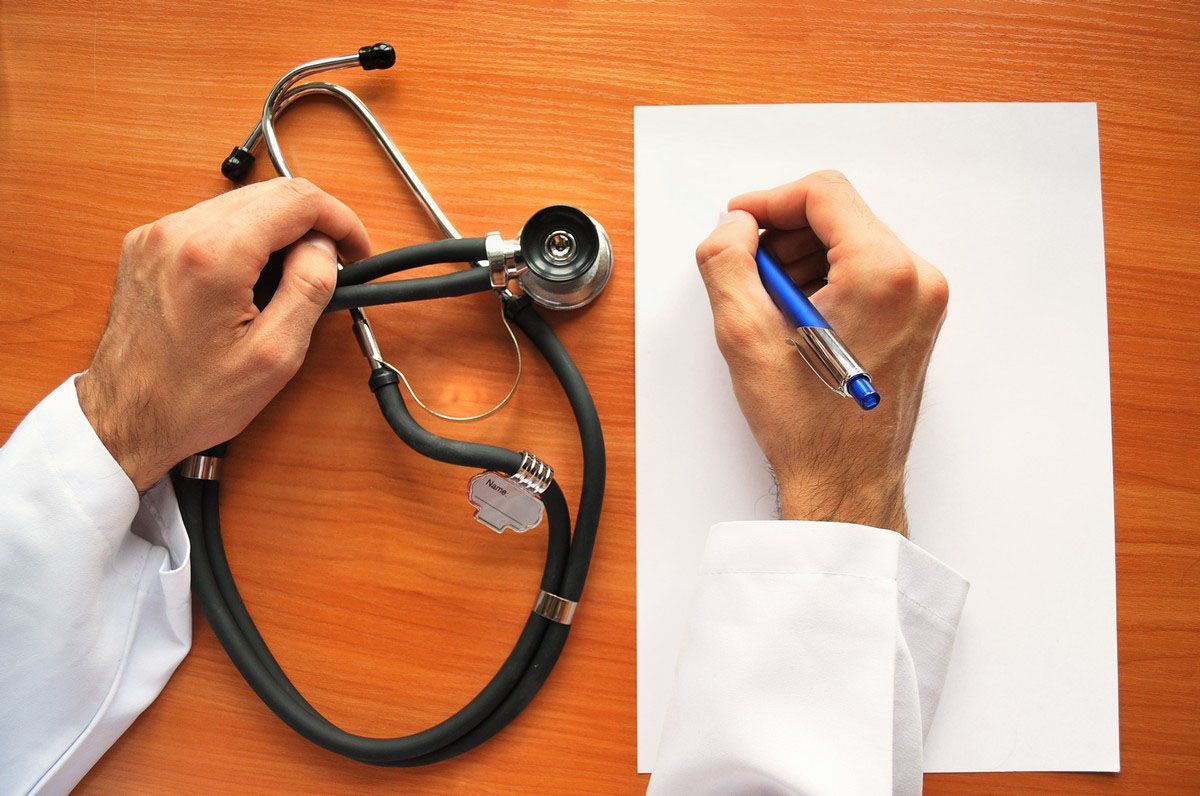

Share On: